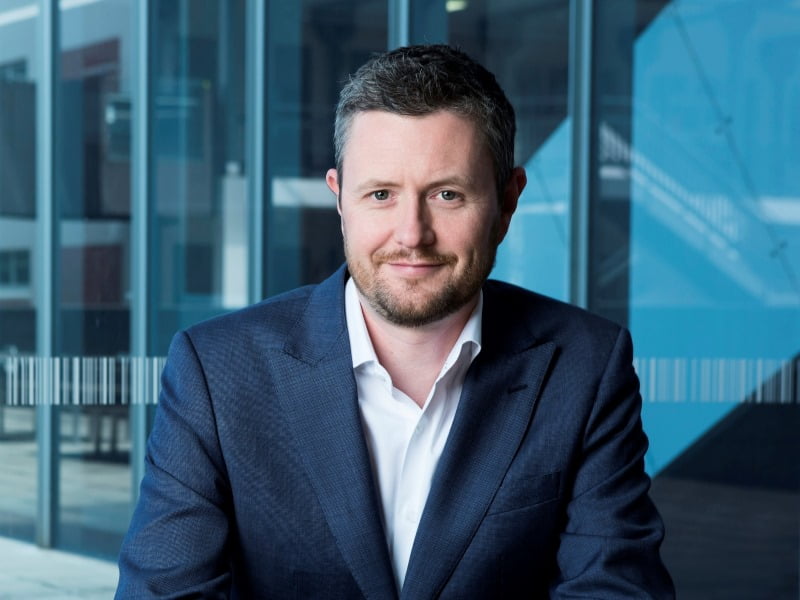The peak group for universities will on Wednesday reiterate long held concerns about a “free fall” in research funding and “corrosive policy oscillation” while warning a lack of graduates could cost the economy billions because of ever growing skill requirements.
Universities Australia chair Professor David Lloyd will also use his address to the National Press Club to leave little doubt about the sector’s view of the Morrison government’s ‘Job-ready Graduates’ package that dramatically increased the cost of some university degrees, while cutting the cost of others.
“Job-ready graduates simply cut the average level of government funding for student places while shifting the additional costs on to students and universities,” Professor Lloyd, also the University of South Australia Vice-Chancellor and President, will say.

Education minister Jason Clare has already begun dismantling one part of the Job-ready Graduates package that that forced struggling students to pay up front to continue studying.
But with the Universities Accor process underway he declined to pre-empt further changes last month despite agreeing the package “hasn’t worked” and Labor having strongly opposed the move in 2020.
Professor LLoyd will say that two years in it is clear Job-ready graduates changes are hurting higher education.
“It has hurt and is hurting students. It has hurt and is hurting universities. It has hurt and is hurting the nation,” he will say.
“Australia, not Australia’s universities, urgently needs a funding model that is fairer for students, and which sustainably provides the resources needed to educate the next generation.”
Universities Australia will on Wednesday release modelling to support its argument for a new new approach to funding research and placements.
It will be needed for Australia to produce enough of the skilled workers and innovations needed for a changing economy and society, according to the group, representing the country’s biggest and oldest universities.
“If university attainment doesn’t progress beyond current levels, modelling puts the cost to the economy of undershooting the National Skills Commission’s target at $7 billion in 2026,” Professor Lloyd will tell the NPC.
“Addressing this challenge for our national benefit will require us to rethink how we upskill, reskill, and deliver units of education to learners in a manner commensurate with life-long learning.
“The looming iceberg of skills shortage requires a much shorter turning circle than the provision of traditional three-year degree programs if it is to be avoided. The ways in which we educate for attainment – our very definition of attainment – must now be reconsidered.”
Professor LLoyd will also put pressure on the Albanese government to make good on its pre-election commitment to boost Australia’s overall spend on research and development to almost three per cent of GDP.
It is currently at 1.8 per cent, while the federal government’s own funding for research and development is at a historical low of 0.49 per cent
The two indicators have for years frustrated university, science and research groups that warn Australia is falling behind other innovative nations. The omission of a concrete plan for research funding from the Universities Accord interim update last month was described as an “epic fail” by critics.
“Three per cent may seem a long way from today’s 1.8 per cent. But even three per cent itself is a very, very long way from research and development investments being made by other nations in our region,” Professor Lloyd will say on Wednesday.
“So pragmatically, getting to three per cent would be a great start.
“Germany, the United States, and Japan all spend more than three per cent of GDP on research and development – countries that, arguably, lead the world in manufacturing and technological development.
“This is not good enough for a nation of Australia’s standing. I don’t think any Australian believes we should lag behind like this – it seems to me to be, well, unAustralian.”
Do you know more? Contact James Riley via Email.

